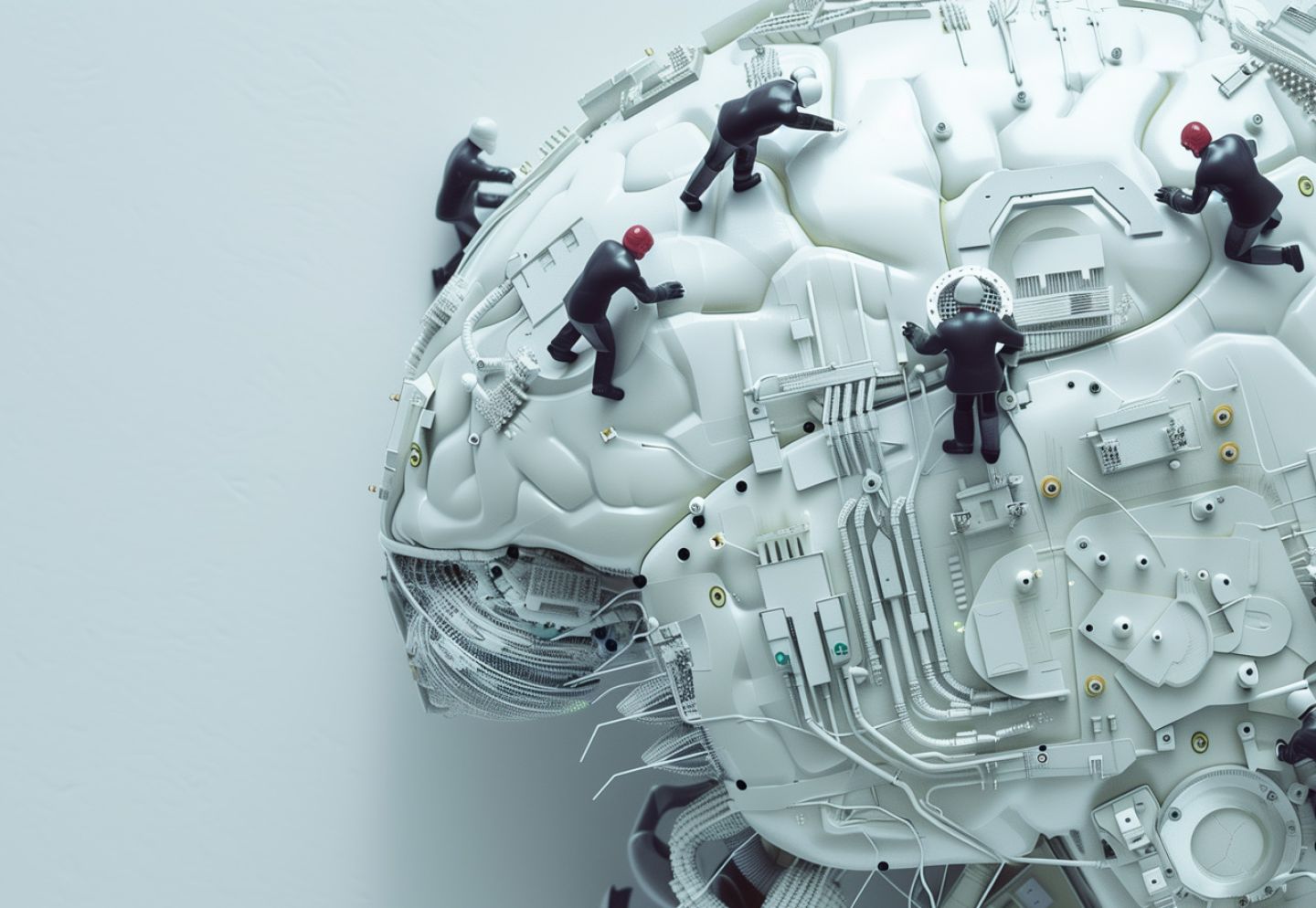Trust is one of the top three buying considerations that consumers have, per the 2023 Edelman Trust Barometer. So, it’s no surprise that a survey of 1,000 consumers concluded that more than 80% consider trust a deciding factor in their buying decisions. However, despite that fact, only 34% trust the brands they use. Clearly, consumers are increasingly skeptical of where they put their money and receive their information, and with consumers growing concern of AI, that skepticism is only going to get worse.
As we embrace the transformative power of AI, it is crucial for brands to prioritize transparency, authenticity, data privacy, and environmental responsibility. These four pillars will go a long way in helping brands build trust with consumers. Let's explore these imperatives in the context of a rapidly evolving digital landscape.
Transparency Goes a Long Way in Building Trust
The proliferation of GenAI has democratized creative capabilities, allowing individuals of varying artistic aptitudes to generate compelling content. However, the increasing use of AI in content creation necessitates transparency. A staggering 78% of consumers believe that digital content created with AI should be clearly labeled, according to a recent survey by The Verge. As brands grapple with evolving regulations, those proactively disclosing their use of AI, supported by emerging tools like Adobe's Content Credentials, are poised to gain trust and set ethical standards.
Authenticity Helps You Win Customers and Influence People
Being transparent about AI usage in content creation is important, but so is foregoing AI to generate content. As AI-generated content continues to proliferate, more and more consumers are showing preference for brands that seem authentic, not artificial. Because consumers are drawn to authenticity, Gartner predicts that 20% of brands will lean into positioning and differentiation predicated on the absence of AI in their business and products by 2027. When it comes down to it, the future belongs to those who strike the delicate balance between technological innovation and the timeless allure of genuine human touch.
Data Privacy Is Still as Important as Ever
Despite widespread optimism about AI, data privacy concerns persist. A recent Cisco survey found that 87% of consumers prioritize data privacy, with 62% expressing worries about how organizations use their data for AI. While AI poses privacy threats, it paradoxically stands as a powerful defender. Embedding privacy protection into AI frameworks, such as decentralized AI, ensures data security. As regulatory bodies move to address these concerns, businesses must actively leverage available tools to safeguard user data and champion ethical AI design.
Environmental Issues Affect Everyone
Data centers, crucial for AI operations, pose challenges in balancing water efficiency with carbon efficiency. Researchers estimate that the training of GPT-3, which ChatGPT is partly based on, consumed 1,287 MWh, and led to emissions of more than 550 tons of carbon dioxide — the same amount as a single person taking 550 roundtrips between New York and San Francisco. That’s just the energy to build the model before it’s even released to the public. Even more shocking, a recent study found that Microsoft may have consumed roughly 700,000 liters of drinkable water to power servers for training GPT-3, enough to produce 370 BMW vehicles.
As businesses grapple with this issue, strategic measures such as using energy-efficient hardware, minimizing server runtime, and assessing the necessity of AI implementation become imperative. The brands that take this issue seriously will gain consumer trust, as consumers are five times more likely to buy from brands that are committed to addressing climate change.
By prioritizing transparency, authenticity, data privacy, and the environment, brands not only build trust with their audience but also contribute to the responsible and ethical evolution of AI. The digital age beckons us to wield the power of AI judiciously, ensuring its positive impact on society while safeguarding privacy and the environment.
To learn more about these issues surrounding AI, check out Buxton’s latest episode of Analytics Unplugged.


